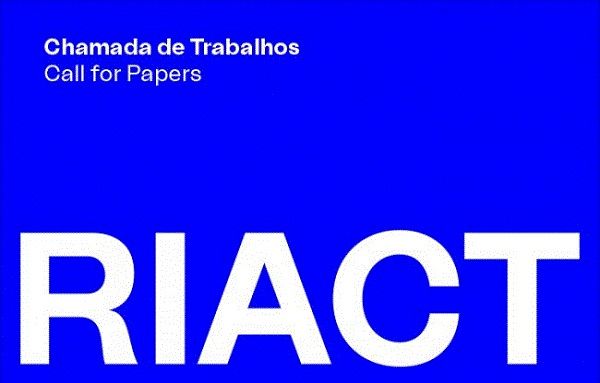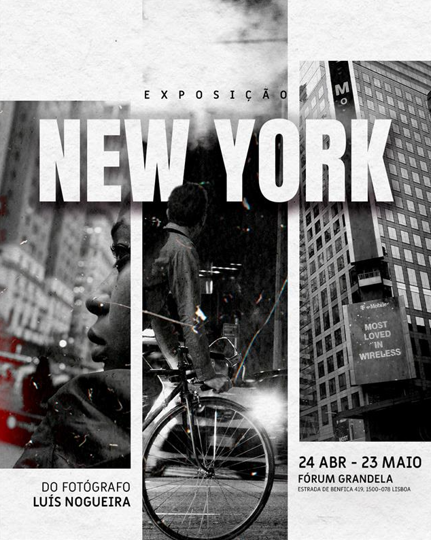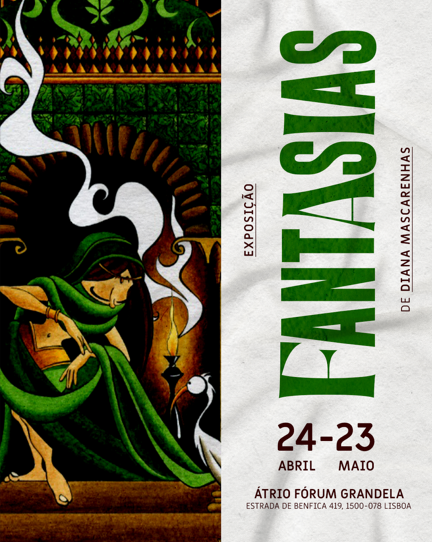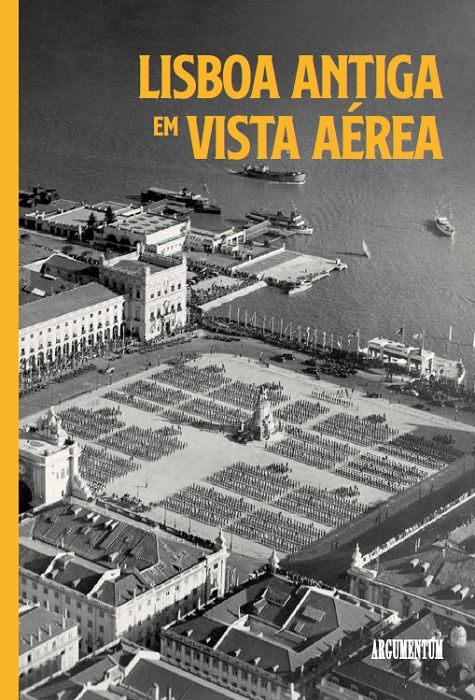Notícias
riact nº 6 - investigação artística versus investigação sobre arte – quando a pintura rumina a ekphrasis
Chamada de trabalhos até 10/01/2023.

“I eKphrase as I breathe [...]”
Hélène Cixous, “Quand H. C. essaie de s’excuser…”, Études françaises, 51(2), 25–35, 2015.
“If critics agree at all about ekphrasis, they stress the fact that it has been variously defined and variously used and that the definition ultimately depends on the particular argument to be deployed.”
Peter Wagner, (ed.), Icons – Texts – Iconotexts: Essays on Ekphrasis and Intermediality, Köln, Walter de Gruyter, 1996, p.11
“Let us understand by ekphrasis the word that comes from the image: not the word that we can pronounce about it but the word that it proposes or suggests to us. Ekphrasis in this regard is not a commentary, analysis, or evaluation of the work.”
Jean-Luc Nancy, “Ekphrasis”, Études françaises, 51(2), 25–35, 2015.
The upcoming issue of RIACT will explore the difference between research in art and research into art, grounding a substantive part of its reflection on the notion of ekphrasis, an artistic concept so often rejected by plastic artists, sensing that it threatens to usurp that which is most fruitful and irreplaceable in artistic expression. In fact, ekphrasis was and remains – in its actual and contemporary forms – a procedure of interpretation and legitimation pervading the most varied artistic creations and which can assume the most diverse groundings (proportional to the full range of interpretative freedom, as Jean-Luc Nancy argues in the above-cited text: “[...] there are as many modes of ekphrasis as there are ways of speaking”)”, as well as the most surprising literary forms, having often delayed – and even undermined – other possibilities of assimilating and interpreting works of art.
RIACT Nº6 explores essential aspects of artistic research rooted in practice, with particular emphasis on the contributions of painting to the erosion of ekphrasis as a procedure that in the past was central to the identification and understanding of pictorial practice. In fact, with the exponential development of artistic research in painting and related areas – whether in the academic or other spheres-, this artistic expression has been disavowing the excess of voices external to its procedures and rituals, particularly the judging stances that tend to develop research about art in an invasive manner, as a surrogate for the living quality that characterizes the internal, but porous plasticity of painting.
Due to the timeliness of this change and broadening of investigative orientation, artists and authors are invited to develop a critical approach to the modalities of ekphrasis that have most contributed throughout history to set apart pictorial thought (inherent to the plasticity of making) from reflections on painting that are excessively dependent on the haloed “word” of metaphysics, dismissing a proper exploration of the gaps and subtleties between theoretical reflection and plastic and sensitive reflection, as the ultimate founder of any move toward the meaning of painting.
Parallel to the above goals, and in order that this methodological orientation – artistic research based on the plastic emanation of painting – is not confused with a fruitless adversity or nihilistic inclination, we will address various forms of harmonization between Artistic Creation, Research in art and Research into Art, exploring the affinities and differences between them, without any subservience to each other’s methodologies, calling for an inquiry into the features that approximate and separate the three spheres. Authors are also invited discuss the specificities of artistic research, that is, to the self-thematization of its strength and relevance, insofar as conducting an investigation with this increased concern will necessarily thematize the paths and characterizations that artistic research based on the plastic emanation of painting can assume.
Topics in focus:
I- Criticism of Ekphrasis and Research in Art
II- Self-sufficiency of Research in Painting face-to-face with Research into painting
III- Autonomy of Pictural Thought in the face of Aesthetic-Philosophical Thought
IV- Plasticity and Semantics in the light of Research in Art
V- Intermateriality in Pictorial Research
VI- Temporal Flow, Pictural Torrent and Artistic Research
VII- Crossings of any of the above.
Key dates:
January 10 – Proposal submission for 1st Peer Review.
February 10 – Results of 1st Review
March 15 – Proposal submission for the 2nd Peer Review.
April 17 – Results of 2nd Review
May 30 – Edition of approved essays for RIACT Nº6
To obtain information on the scope of the proposal and other editorial characteristics, consult the “Meta-article” (General characteristics of the Research Proposal to be submitted) at http://riact.belasartes.ulisboa.pt/
You can also send an email to this address: riact.artisticresearch2030@gmail.com


 Divulgue aqui os seus eventos
Divulgue aqui os seus eventos












